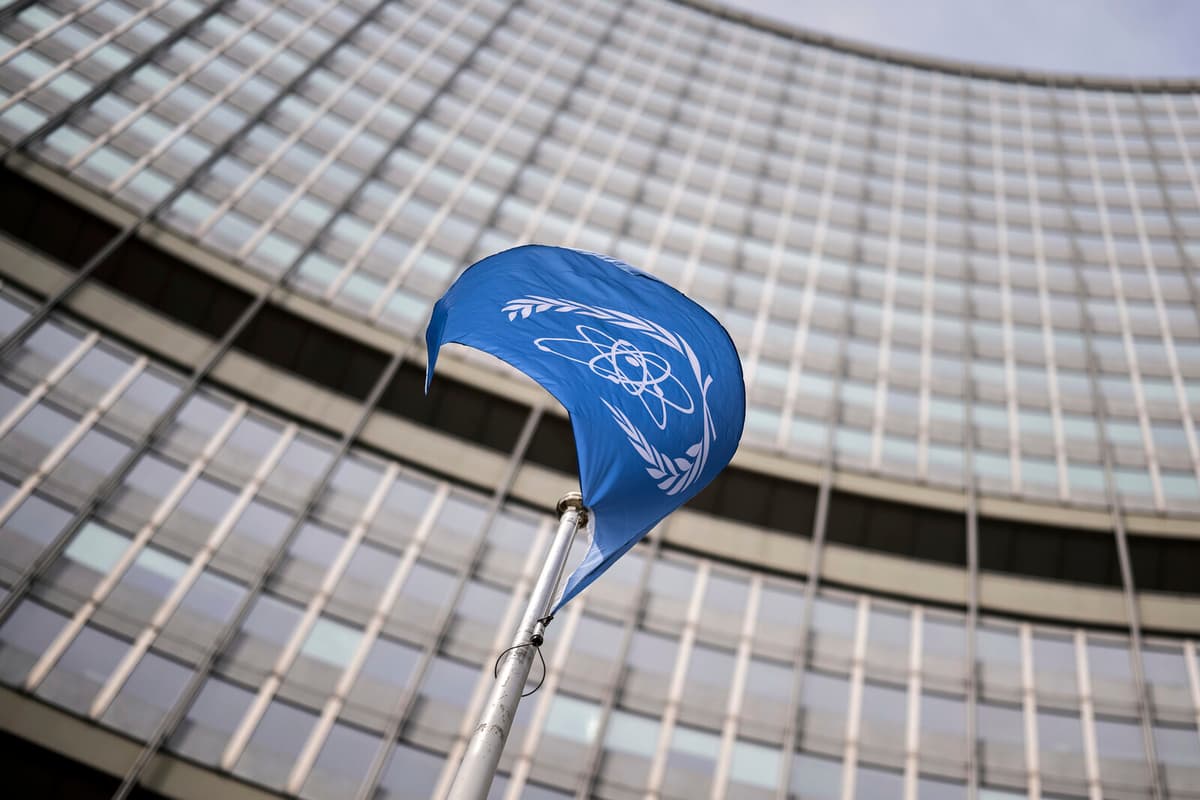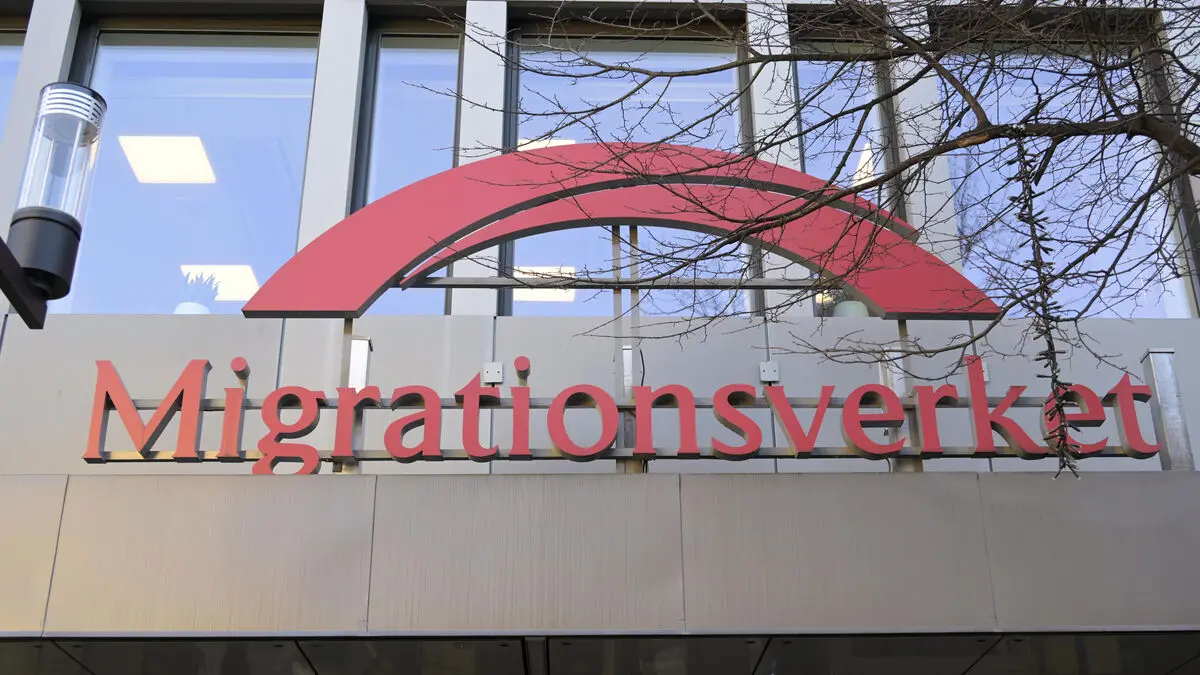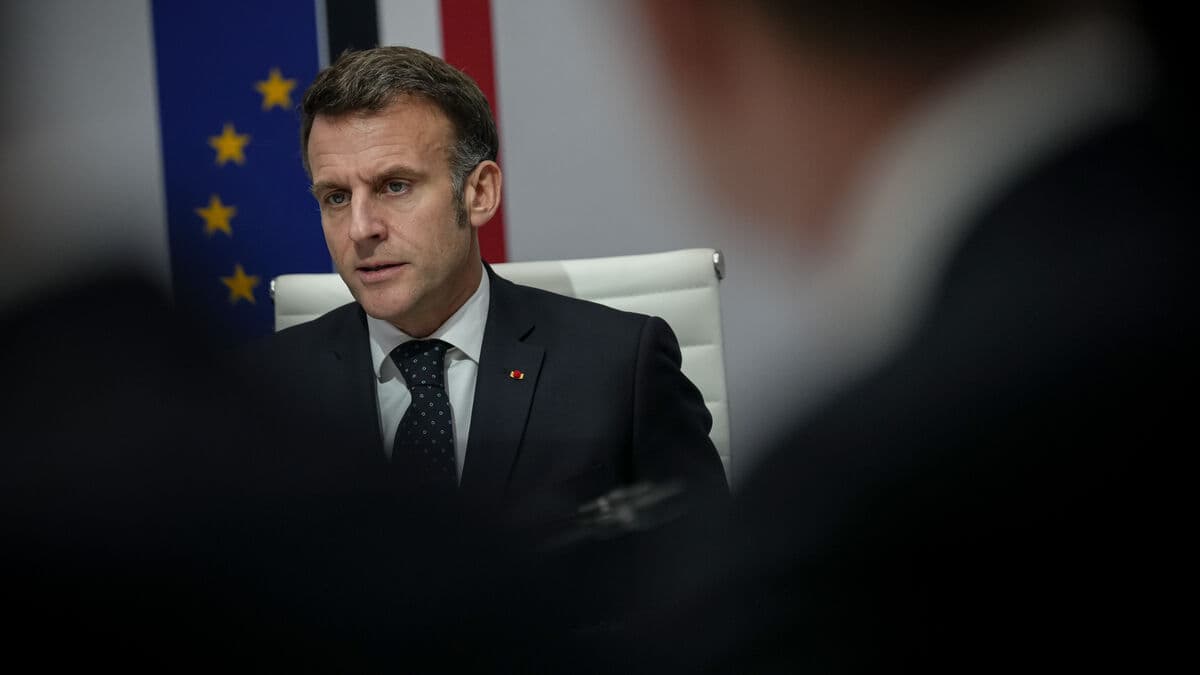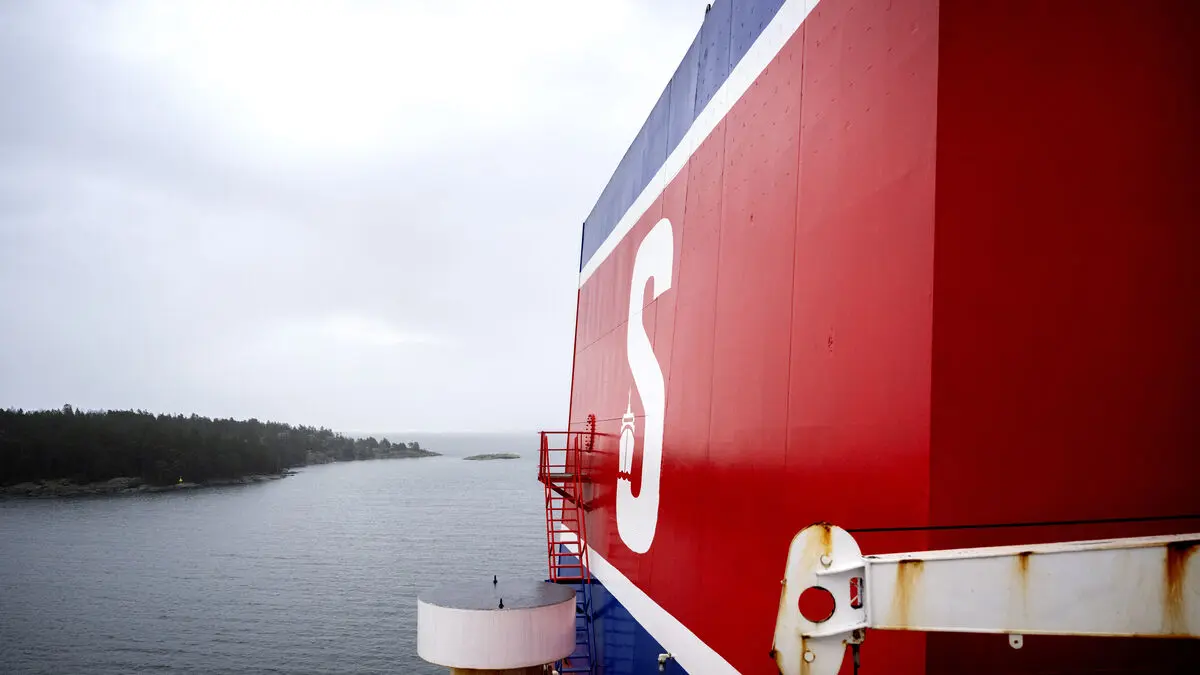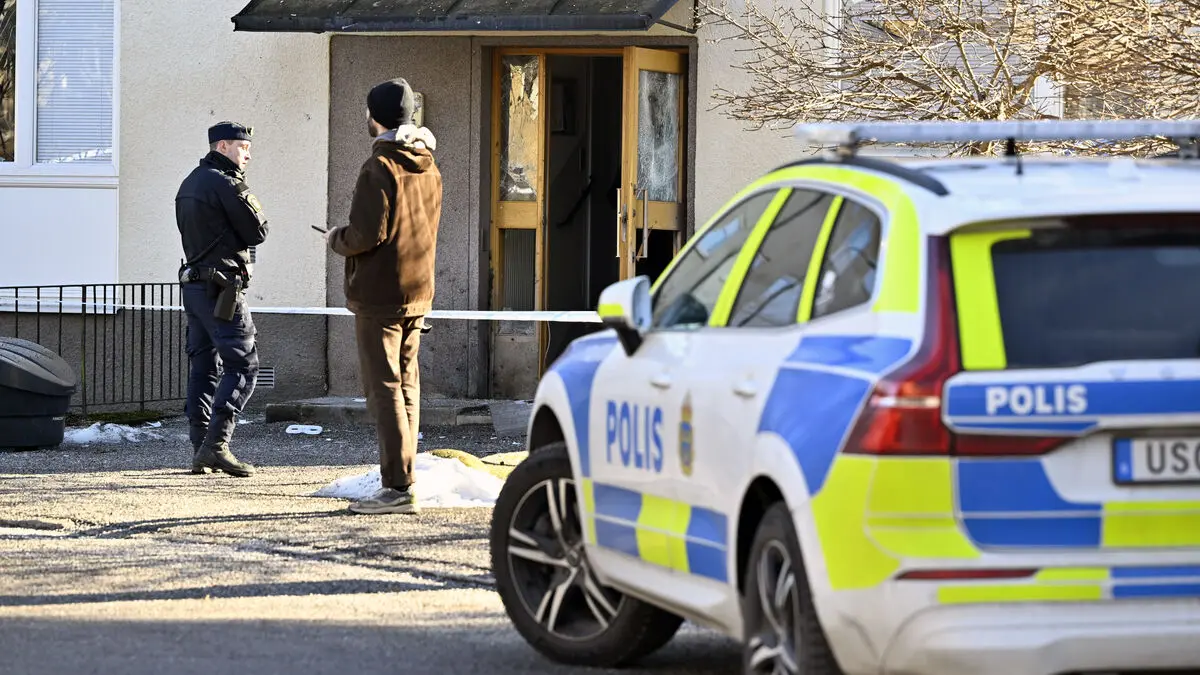Countries' action, a so-called "snapback", means that sanctions are introduced automatically after 30 days if no agreement is reached. They write in a letter to the UN that Iran is not fulfilling its commitments.
Iran's Foreign Minister Abbas Araghchi says in a statement that Iran will respond to the "unfair and illegal" decision. Before the message from the so-called E3 countries came, Iran stated that the country would terminate all cooperation with the UN if a "snapback" mechanism was realized.
Thursday's decision likely means that negotiations on the nuclear energy program will intensify, and that the issue will be raised again in the UN General Assembly. The "snapback" mechanism is, however, constructed so that it cannot be stopped by a veto in the UN.
Security Council meets
The UN Security Council is holding an extraordinary meeting on Friday to discuss the E3 countries' decision.
US Secretary of State Marco Rubio welcomes the E3 countries' decision, which he says is in line with President Donald Trump's line. But Rubio also says that "the US is still available for direct talks with Iran, to promote a peaceful, lasting solution to the nuclear energy issue".
Iranian and European representatives met on Tuesday in Geneva for talks on Iran's nuclear energy program, but no breakthroughs were reported after the talks.
The meeting was held in the light of growing European and American concern over Iran's nuclear energy program - not least since Tehran cut ties with the UN's atomic energy agency (IAEA) after the twelve-day war between Iran and Israel in June.
Enriched to 60 percent
The interruption means that the outside world has almost no insight into Iran's uranium enrichment. Before the war, the IAEA estimated that Iran has around 400 kilograms of uranium enriched up to 60 percent. For the uranium to be used in weapons, it must reach an enrichment level of 90 percent, which is only a few technical steps away.
Donald Trump chose to completely leave the nuclear energy agreement JCPOA from 2015 during his first term, which made the agreement collapse. Iran claims that it does not intend to acquire nuclear weapons.
The UN sanctions against Iran were lifted in connection with the signing of the JCPOA in 2015.
Fact: Nuclear energy agreement
TT
In 2015, the nuclear energy agreement JCPOA was signed between Iran and the "P5+1" - the five permanent members of the UN Security Council (France, China, Britain, Russia, and the US) and Germany.
The agreement aimed to prevent Iran from developing nuclear weapons. It would provide greater insight into the country's atomic energy program, which would also be scaled back and restricted significantly.
The enrichment of uranium would be limited to a purity of just under four percent - far below the 90 percent required to be used in a nuclear weapon. In exchange, international sanctions against Iran were lifted.
In 2018, US President Donald Trump decided to leave the agreement and reintroduce tough sanctions, which also applied to anyone trading with Iran.
Iran then deviated from the agreement and began to step up the enrichment of uranium. The country now has far more uranium with a much higher purity than what the JCPOA allowed.
In April this year, negotiations on a new agreement began, as Donald Trump wanted one with tightened control mechanisms. In early June, he said he demanded that Iran completely stop the enrichment of uranium. Iran wants to be able to have a regulated civilian program.
Tehran cut ties with the UN's atomic energy agency IAEA after the twelve-day war between Iran and Israel in June.
In April this year, negotiations on a new agreement began, as Donald Trump wanted one with tightened control mechanisms. In early June, he said he demanded that Iran completely stop the enrichment of uranium.

